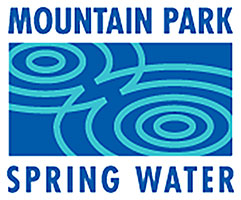Water is essential for life, but not all water is created equal. If you’ve ever stood in front of the bottled water section at your local store, you’ve probably noticed various labels—purified water, distilled water, mineral water, and, of course, spring water. But what exactly is spring water, and why has it become a popular
CONTINUE READINGMonth: October 2024
What Are the Differences in Drinking Tap Water and Purified Water?
Water is an essential part of our daily lives, making up roughly 60% of our bodies and playing a crucial role in every function, from maintaining body temperature to aiding digestion. With the sheer amount of water we consume daily, it’s important to know what’s in the water we drink. When it comes to choosing
CONTINUE READING
